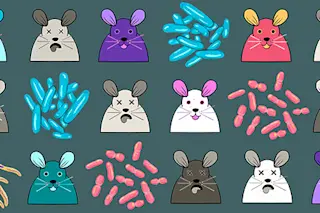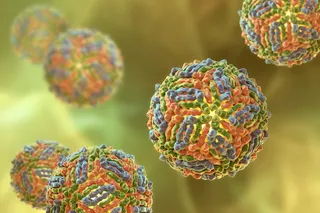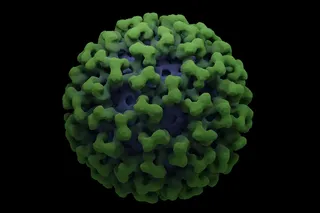When people think about infectious diseases — as many have, these last three years — they think mainly about the immune system. The severity of an individual’s illness, it’s assumed, is down to how well the immune system detects, attacks and eliminates the pathogenic invader.
The immune system is said to resist disease. Resistance reduces the amount of pathogen residing inside a host, thereby curtailing disease progression, driving recovery or preventing infections altogether. People who are immunocompromised fear infections because they cannot effectively resist pathogens.
And vaccines work because they teach immune systems to recognize — and so more effectively resist — pathogens before the actual bug is encountered.
But there have always been nagging issues with so straightforwardly relating illness to the abundance of pathogen in a host. And when Janelle Ayres, a physiologist now working at the Salk Institute in San Diego, entered grad school 20 years ago, ...














